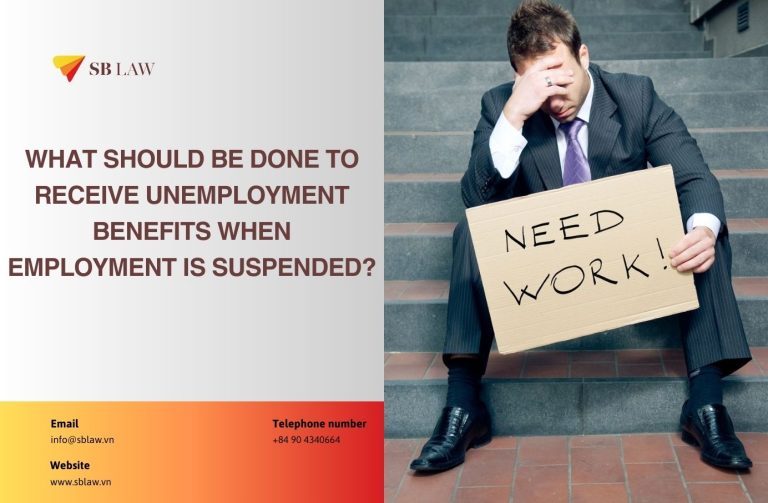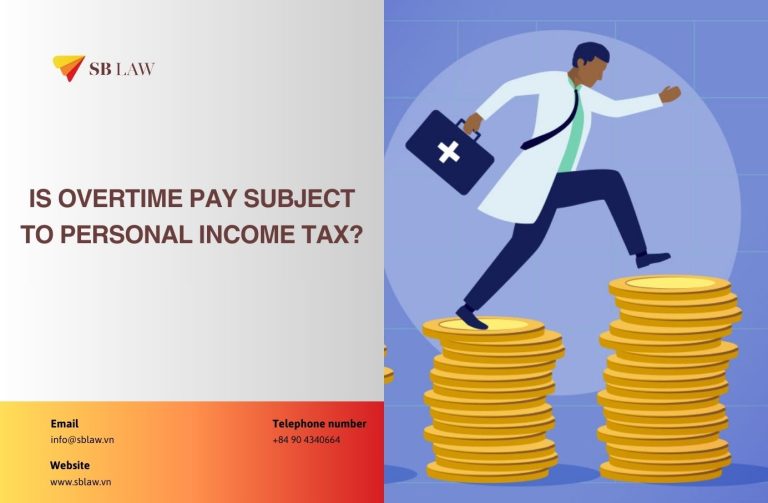Question: A British citizen currently living and working in Hanoi married a Vietnamese woman in 2019. They have two children together — one is 7 years old and the other is 9 months old. Recently, the wife unilaterally requested a divorce via text message. The husband does not agree to the divorce, and currently, the couple has no joint property in Vietnam.
If the Vietnamese court still accepts the wife’s divorce petition, what are the legal consequences for the husband?
Answer:
-
The marital status will be terminated pursuant to the judgment of the Vietnamese Court
Even if one party does not consent to the divorce, under Article 56 of the 2014 Law on Marriage and Family, the Court may still grant a unilateral divorce if it determines that the marital relationship has seriously deteriorated, the couple can no longer live together, and the purpose of the marriage is no longer achieved.
This judgment will be legally effective in Vietnam, which means:
- The marital relationship between the two individuals will officially end.
- The British citizen’s marital status will be updated to “divorced” in the judicial records in Vietnam.
As for recognition in the UK or other countries, a divorce judgment issued in Vietnam is generally recognized if the legal proceedings comply with the principles of fair trial (e.g., the foreign party was duly notified and given the opportunity to present their case).
To ensure the divorce judgment is recognized in the UK, the husband should:
- Request a certified copy of the divorce judgment.
- Have the document legalized for use abroad (e.g., to submit to UK immigration authorities, update passport or tax records, etc.).

-
Legal obligations arising after divorce
- a) Child Support Obligations After Divorce
Although there is no dispute over joint property, divorce still gives rise to financial obligations regarding the children. Pursuant to Article 82 of the Law on Marriage and Family of Vietnam, the parent who does not directly raise the child is obligated to provide child support.
The Court will base its decision on:
- The actual costs of raising and educating both children.
- The father’s financial capacity (e.g., salary, income, and working conditions in Vietnam).
The form of support (monthly, quarterly, or lump sum) will be decided by the Court or agreed upon by both parties. The husband may propose a reasonable support plan and must provide proof of financial capability during the legal proceedings.
- b) No property division: Since the couple does not have any joint property in Vietnam, there will be no division of assets upon divorce, unless new joint assets are identified and proven.
- Note on litigation procedures
The People’s Court at the provincial level in Hanoi will have jurisdiction over the divorce case due to the involvement of a foreign element (i.e., one party is a British citizen). Under Vietnamese law, the court may accept a unilateral divorce petition if the wife can prove that the marriage has irreparably broken down (e.g., prolonged conflict, inability to reconcile).
The husband’s objection to the divorce may prolong the litigation process, but if the court finds sufficient grounds, a divorce judgment may still be issued.
Processing time for unilateral divorce cases typically ranges from 4 to 6 months, but may extend to 12 to 24 months if the case involves complex disputes.
The husband must ensure that he fully participates in all court hearings and provides evidence to support his position, in order to avoid being tried in absentia.




